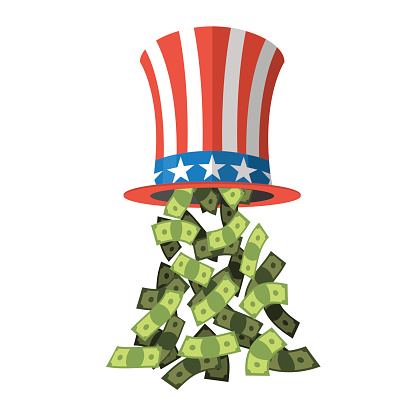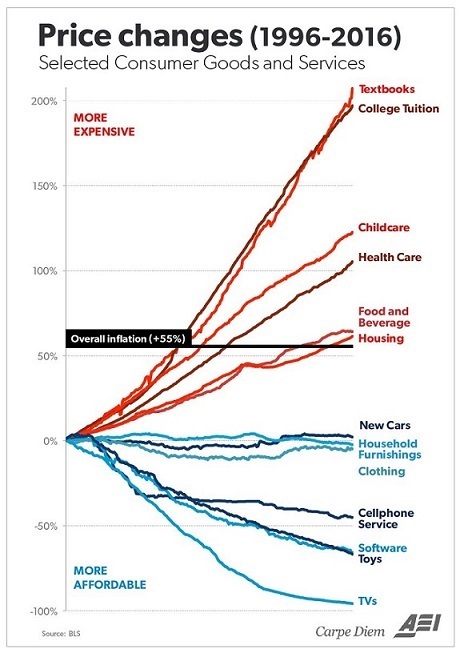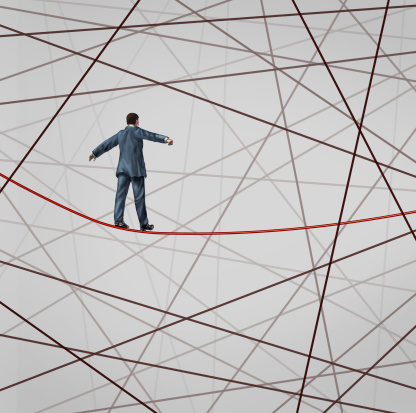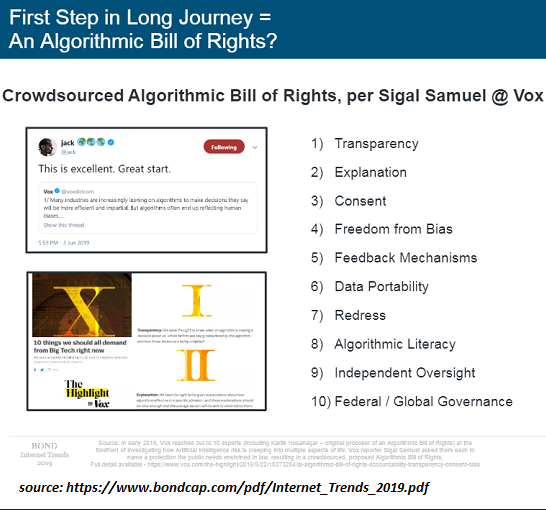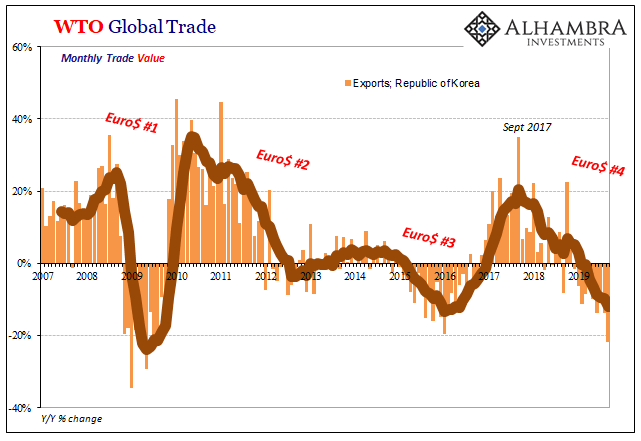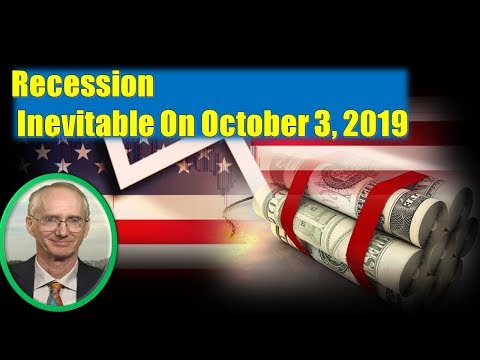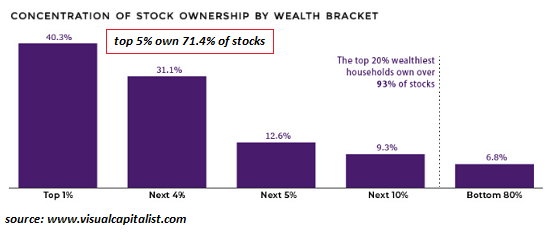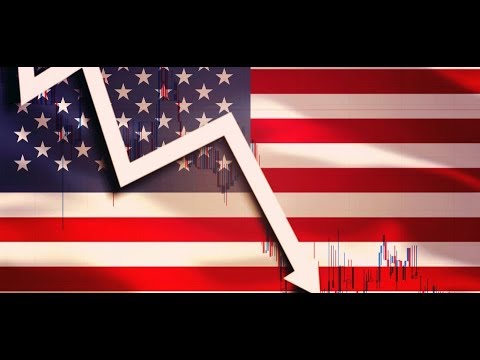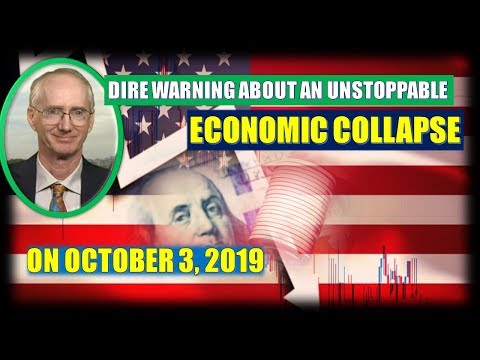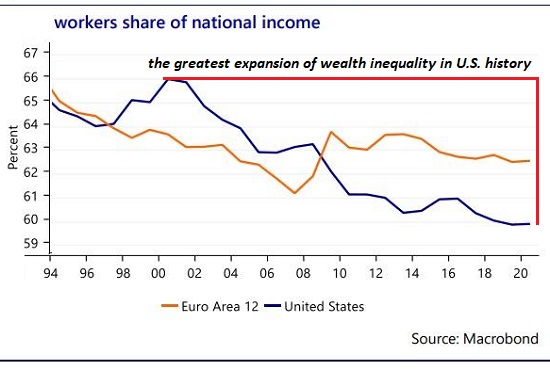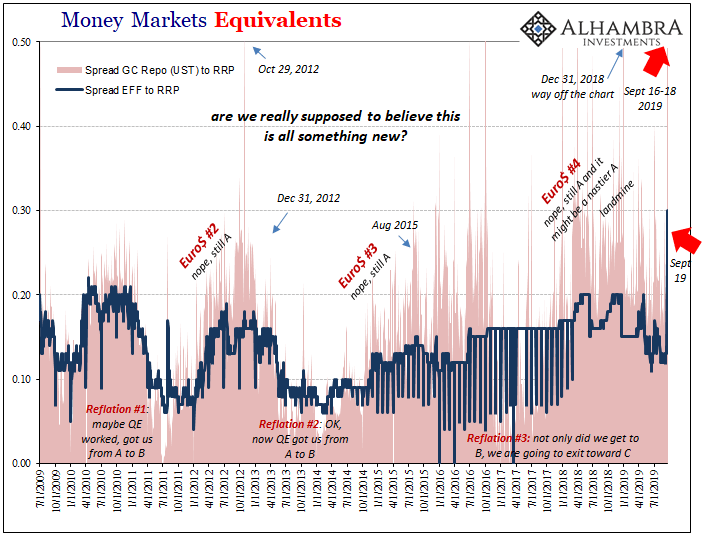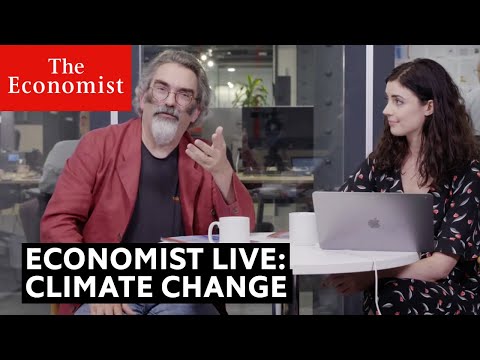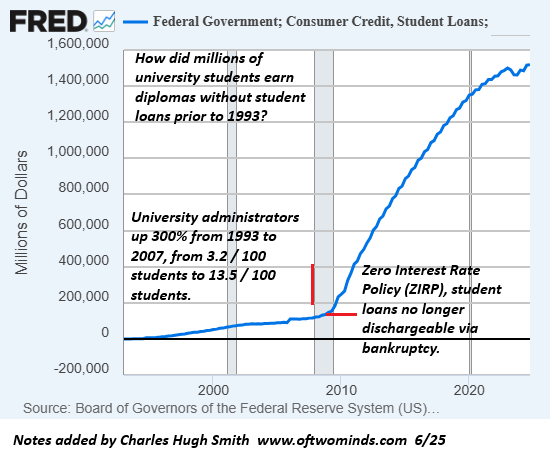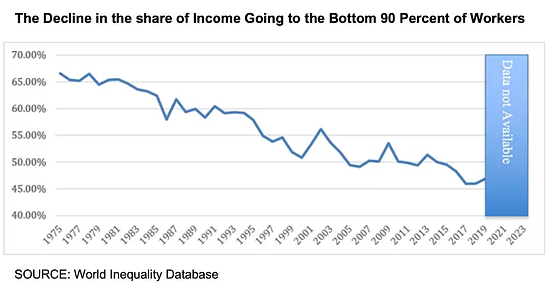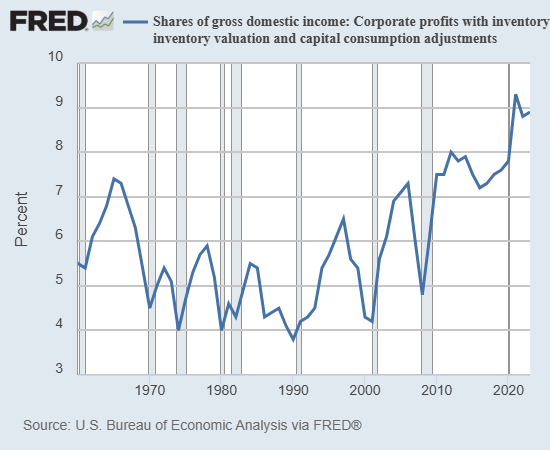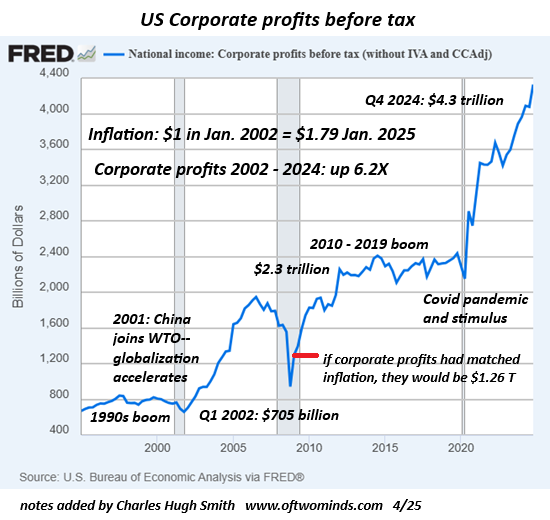Category Archive: 5) Global Macro

Dollar Firm as US Economy Continues to Outperform
Political uncertainty is likely to persist in the US; the big unknown is whether this will impact the US economy. US core PCE reading will be of particular interest and is expected to rise 1.8% y/y; Quarles (voter) and Harker (non-voter) speak. Dovish BOE comments are weighing on sterling; France reported weak CPI and consumer spending data.
Read More »
Read More »
Can you insure against climate change? | The Economist
Extreme weather events are becoming more frequent due to climate change. As the economic costs of disasters rise, can the insurance industry cope with the losses? Read more https://econ.st/2ndFMZ3 Click here to subscribe to The Economist on YouTube: https://econ.st/2xvTKdy Extreme weather events like these are becoming more frequent. It’s not just causing untold human suffering …
Read More »
Read More »
Pets Are Now as Unaffordable As College, Housing and Healthcare
Like so many other things that were once affordable, owning pets is increasingly pricey. One of the few joys still available to the average household is a pet. At least this is what I thought until I read 5 money-saving tips people hate, which included the lifetime costs of caring for a pet. It turns out Poochie and Kittie are as unaffordable as college, housing and healthcare (and pretty much everything else).
Read More »
Read More »
Dollar Firm Despite Rising US Political Uncertainty
The dollar continues to benefit despite US political uncertainty
President Trump claimed to be getting “closer and closer” to a trade deal with China; we are very skeptical. There is a lot of US data to be reported and a heavy slate of Fed speakers today.
Read More »
Read More »
Here’s How We Are Silenced by Big Tech
This is how they silence us: your content has been secretly flagged as being "unsafe," i.e. "guilty of anti-Soviet thoughts;" poof, you're gone. Big Tech claims it isn't silencing skeptics, dissenters and critics of the status quo, but it is silencing us. Here's how it's done. Let's start with Twitter.
Read More »
Read More »
Charles Hugh Smith Part 2 Millennial Advice on Jobs and Affordable Housing
Charles Hugh Smith Part 2 Millennial Advice on Jobs and Affordable Housing Click here for the full transcript: http://financialrepressionauthority.com/2019/09/26/the-roundtable-insight-charles-hugh-smith-part-2-millennial-advice-on-jobs-and-affordable-housing/
Read More »
Read More »
How bad is the crisis in democracy? | The Economist
Around the world, democracies are getting weaker and most elected politicians are becoming more unpopular. Are they still serving the people or themselves? Click here to subscribe to The Economist on YouTube: https://econ.st/2xvTKdy For more from Economist Films visit: http://films.economist.com/ Check out The Economist’s full video catalogue: http://econ.st/20IehQk Like The Economist on Facebook: https://www.facebook.com/TheEconomist/ Follow...
Read More »
Read More »
Waiting on the Calvary
Engaged in one of those protectionist trade spats people have been talking about, the flow of goods between South Korea and Japan has been choked off. The specific national reasons for the dispute are immaterial. As trade falls off everywhere, countries are increasingly looking to protect their own. Nothing new, this is a feature of when prolonged stagnation turns to outright contraction.
Read More »
Read More »
Dollar Firm as Risk-Off Impulses Return
Markets have moved into risk-off mode from a confluence of events emanating from the US. Speaker of the House Pelosi formally launched a formal impeachment inquiry; DOJ inserted itself into Trump’s fight with New York state. Trump’s speech to the UN General Assembly yesterday was noteworthy for its belligerence.
Read More »
Read More »
ALERT?U.S. Economy Recession Inevitable On October 3, 2019!! (Charles Hugh Smith)
#Financial News #Silver News #Gold #Bix Weir #RoadToRoota #Kyle Bass #Realist News #Greg Mannarino #Rob Kirby #Reluctant Preppers #The Next Newss #Maneco64 #Mike Maloney #Gold Silver #Eric Sprott #Jim Rickards #David Morgan #Peter Schiff #Max Keiser #Robert Kiyosaki #SilverDoctors #Jim Willie #Clif High #Ron Paul# Pastor Williams #Bill Holter #Bo Polny # economic collapse #dollar …
Read More »
Read More »
Financial Storm Clouds Gather
The price of this "solution"--the undermining of the financial system--will eventually be paid in full. The financial storm clouds are gathering, and no, I'm not talking about impeachment or the Fed and repo troubles--I'm talking about much more serious structural issues, issues that cannot possibly be fixed within the existing financial system.
Read More »
Read More »
Charles Hugh Smith: AMERICA IS UNPREPARED: TRILLIONS AT STAKE – WHOLE PENSIONS COULD VANISH!
EDUCATE YOURSELF IMMEDIATELY: LP(S) – Enemy LP(S) – Dead LP(S) – Ratio LP(L) – Top PREPARE FOR THE BEAR MARKET: LP(S) – Bear This Can Crack the USD Hegemony! GO IMMEDIATELY TO: https://www.WealthResearchGroup.com/Calicoin Lior Gantz Is Giving Access To His PERSONAL Treasure Trove, His Own Trades AT: https://www.wealthresearchgroup.com/mypicks/ Warren Buffett, Ray Dalio, Charlie Munger And …
Read More »
Read More »
No Longer Hanging In, Europe May Have (Been) Broken Down
Mario Draghi can thank Jay Powell at his retirement party. The latter being so inept as to allow federal funds, of all things, to take hold of global financial attention, everyone quickly shifted and forgot what a mess the ECB’s QE restart had been. But it’s not really one or the other, is it? Once it actually finishes, the takeaway from all of September should be the world’s two most important central banks each botching their...
Read More »
Read More »
All-Stars #60 Jeff Snider: Deep dive on the Repo Blowup
Please visit our website www.macrovoices.com to register your free account to gain access to supporting materials.
Read More »
Read More »
Confirm? U.S Economic Collapse On October 3, 2019 (Charles Hugh Smith)
#Financial News #Silver News #Gold #Bix Weir #RoadToRoota #Kyle Bass #Realist News #Greg Mannarino #Rob Kirby #Reluctant Preppers #The Next Newss #Maneco64 #Mike Maloney #Gold Silver #Eric Sprott #Jim Rickards #David Morgan #Peter Schiff #Max Keiser #Robert Kiyosaki #SilverDoctors #Jim Willie #Clif High #Ron Paul# Pastor Williams #Bill Holter #Bo Polny # economic collapse #dollar …
Read More »
Read More »
? Warning About An Unstoppable Economic Collapse On October 3, 2019 (Charles Hugh Smith)
Contact advertising: Would you like to place ads on my youtube channel? Email: [email protected] Join discussion on Topic on Fan Page https://www.facebook.com/Economicpredictions/ Contact advertising :[email protected]
Read More »
Read More »
Automation and the Crisis of Work
Technology, like natural selection, has no goal. When it comes to the impact of automation (robots, AI, etc.) on jobs, there are two schools of thought: one holds that technology has always created more and better jobs than it destroys, and this will continue to be the case.
Read More »
Read More »
EM Preview for the Week Ahead
We think the Fed has signaled that the bar to another cut is high. Unless the US data weakens considerably, we see rates on hold for now and this means the liquidity story for EM has worsened. Elsewhere, US-China trade talks appear to be going nowhere. With no end in sight to the trade war, we remain negative on EM.
Read More »
Read More »
What’s The Verdict On This Week?
Jay Powell’s disastrous week is coming to a close, not yet his long nightmare. He has been battling fed funds (meaning repo) for his entire tenure dating back to February 2018. This week wasn’t the conclusion to the contest, just the latest and biggest round of it.
Read More »
Read More »
Climate Change: The Economist live Q&A
Climate change is one of the biggest threats to humanity. What do you want to know about the consequences, action and policy surrounding it? Ask Oliver Morton, our senior editor who specialises in climate change and Sarah Collinson, the director of our film “Climate Change: can nature repair the planet?”: https://youtu.be/WRgv4V1ZxN4 Click here to subscribe …
Read More »
Read More »









